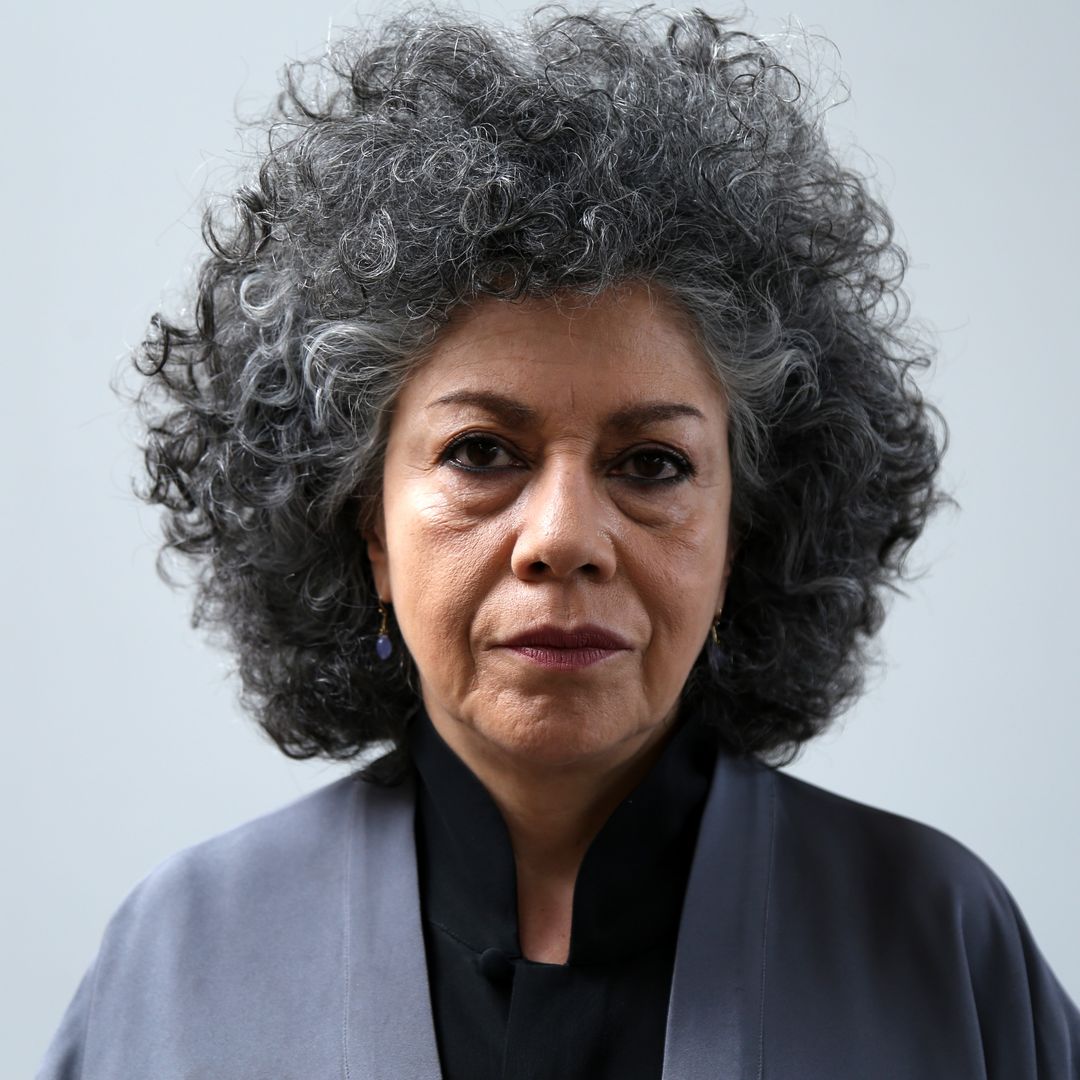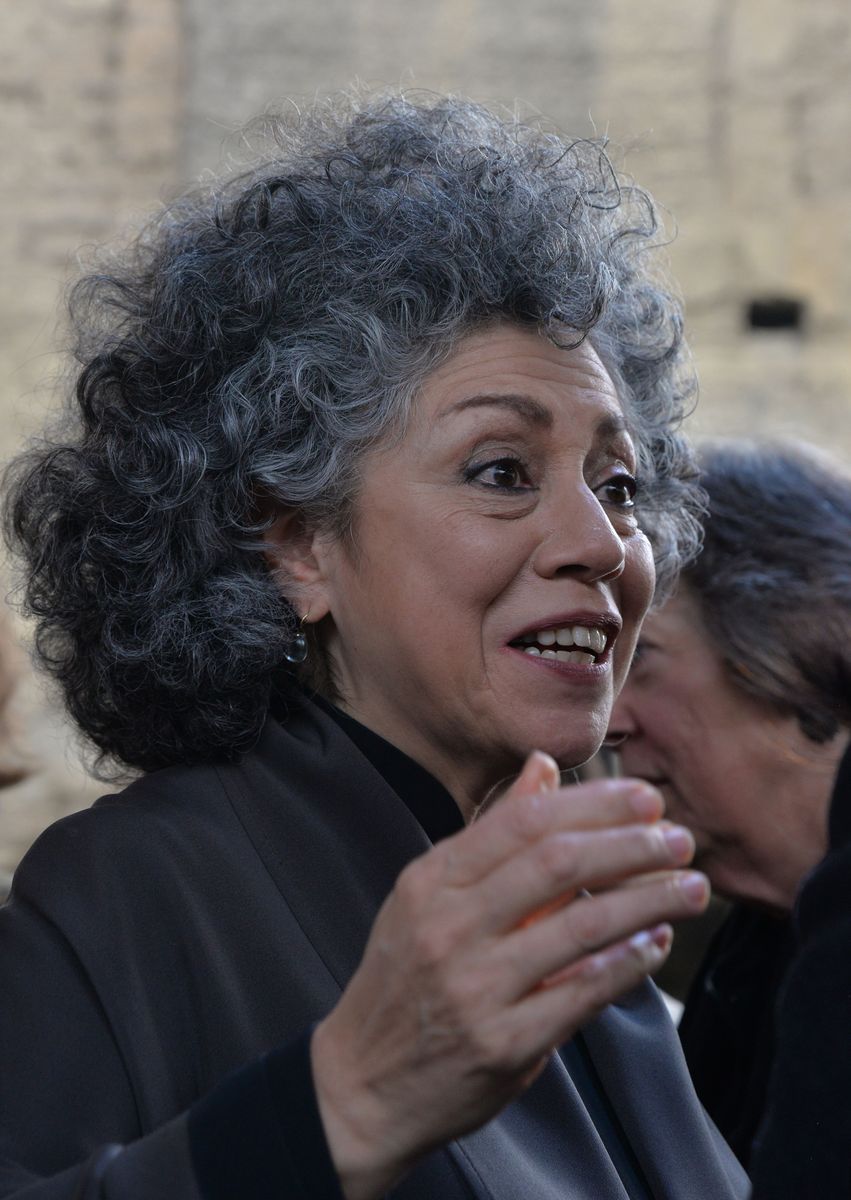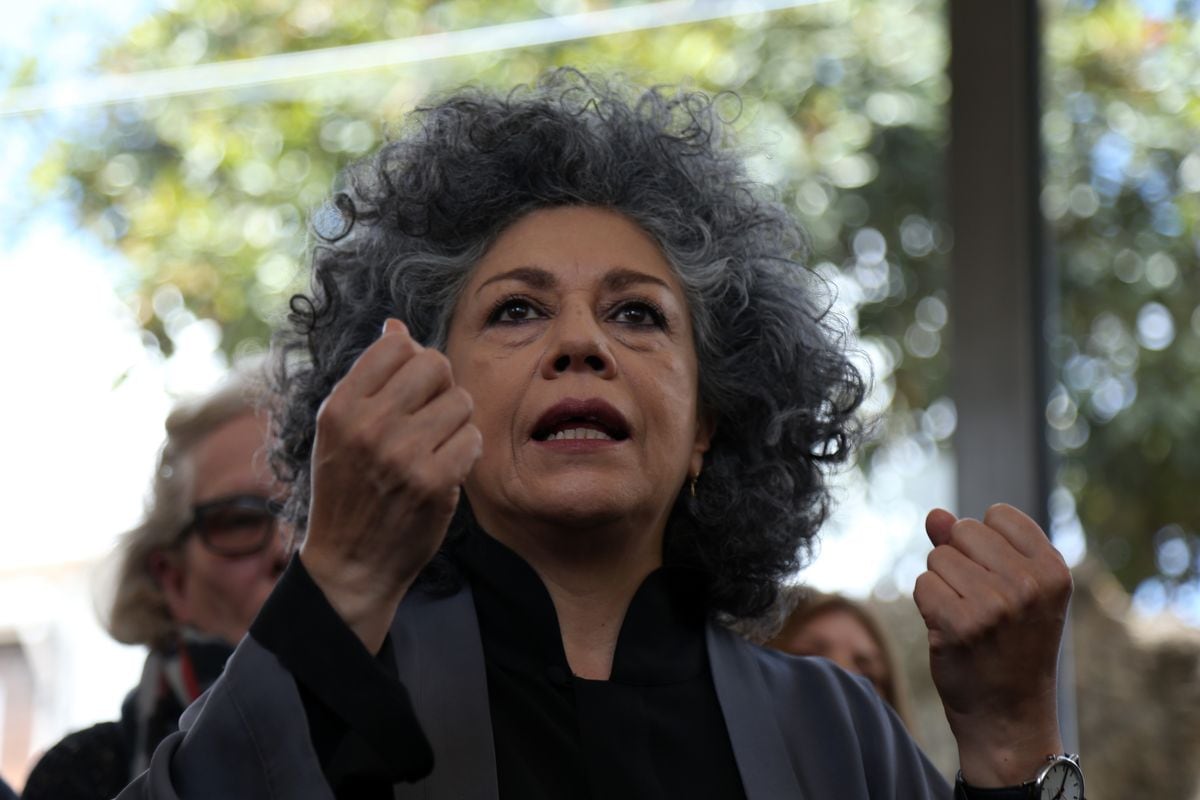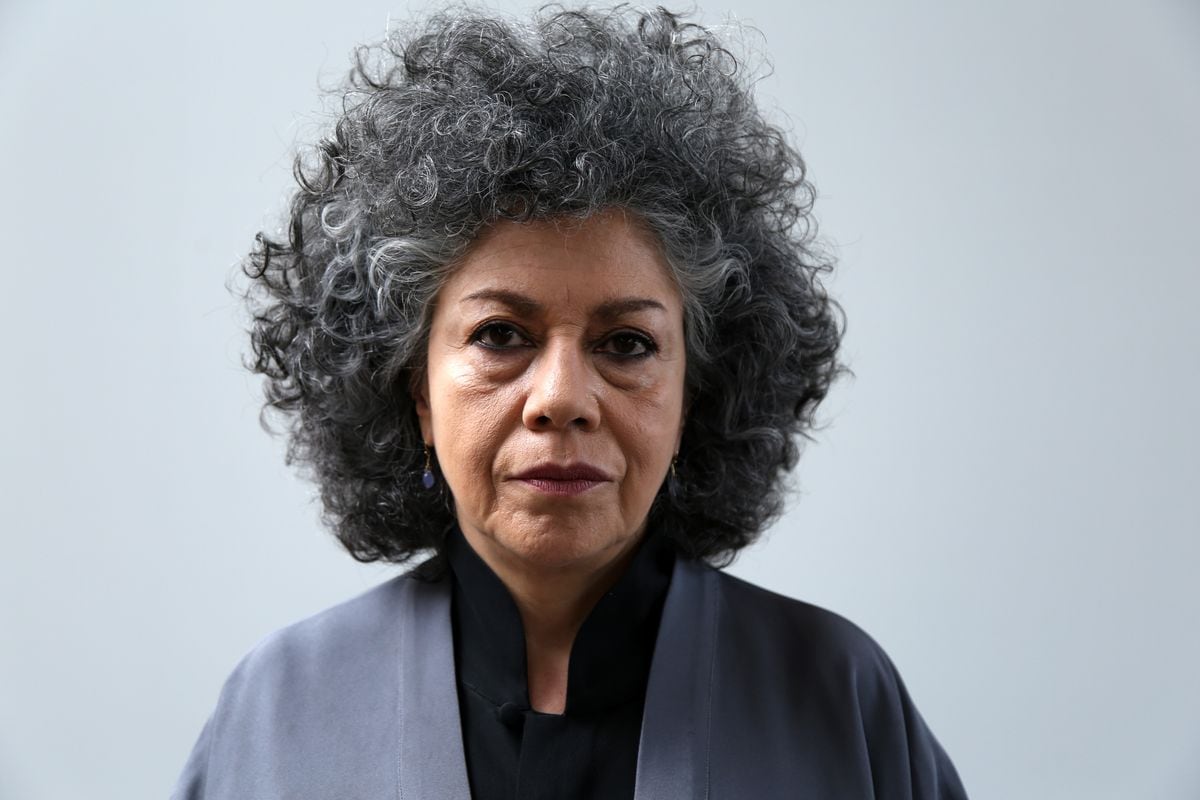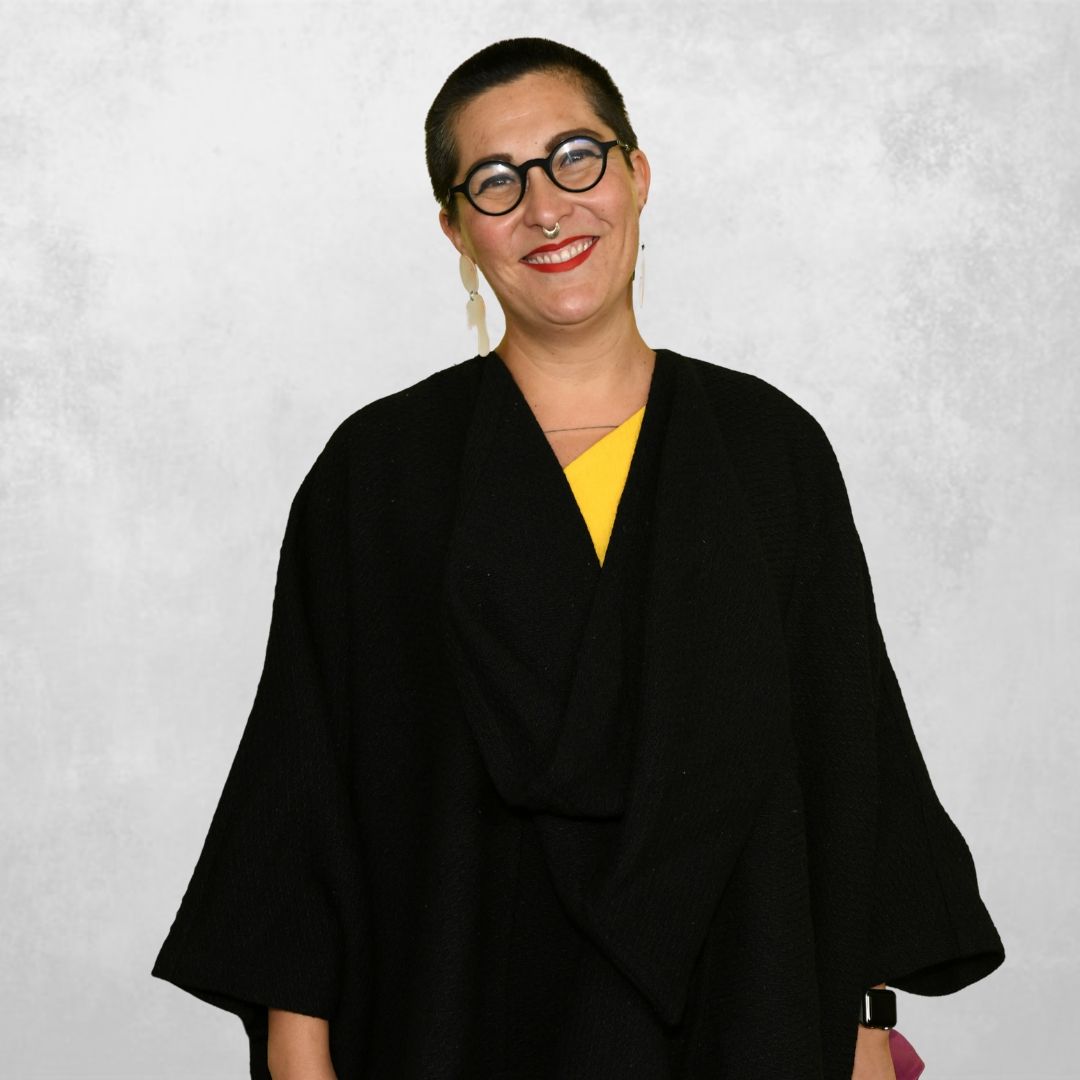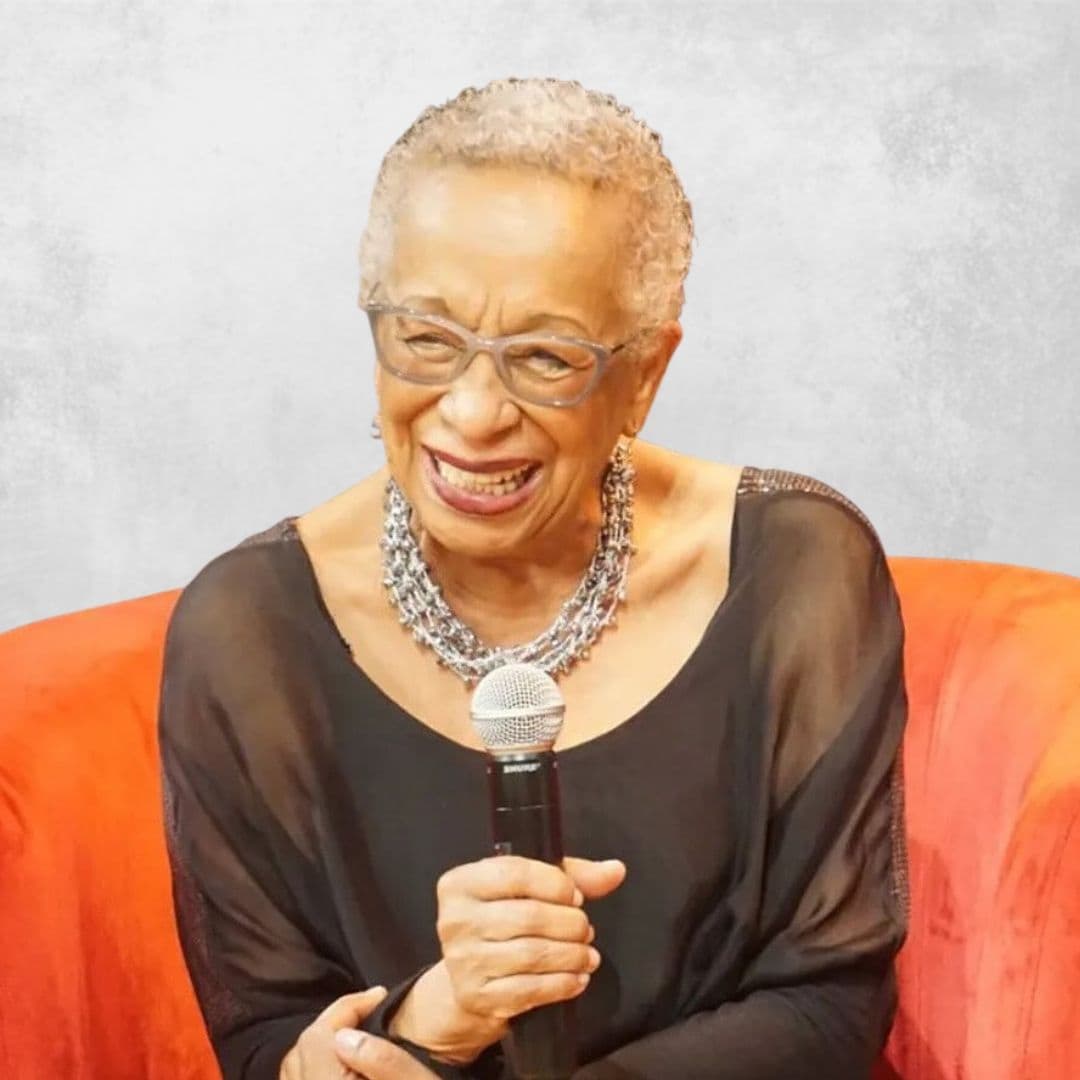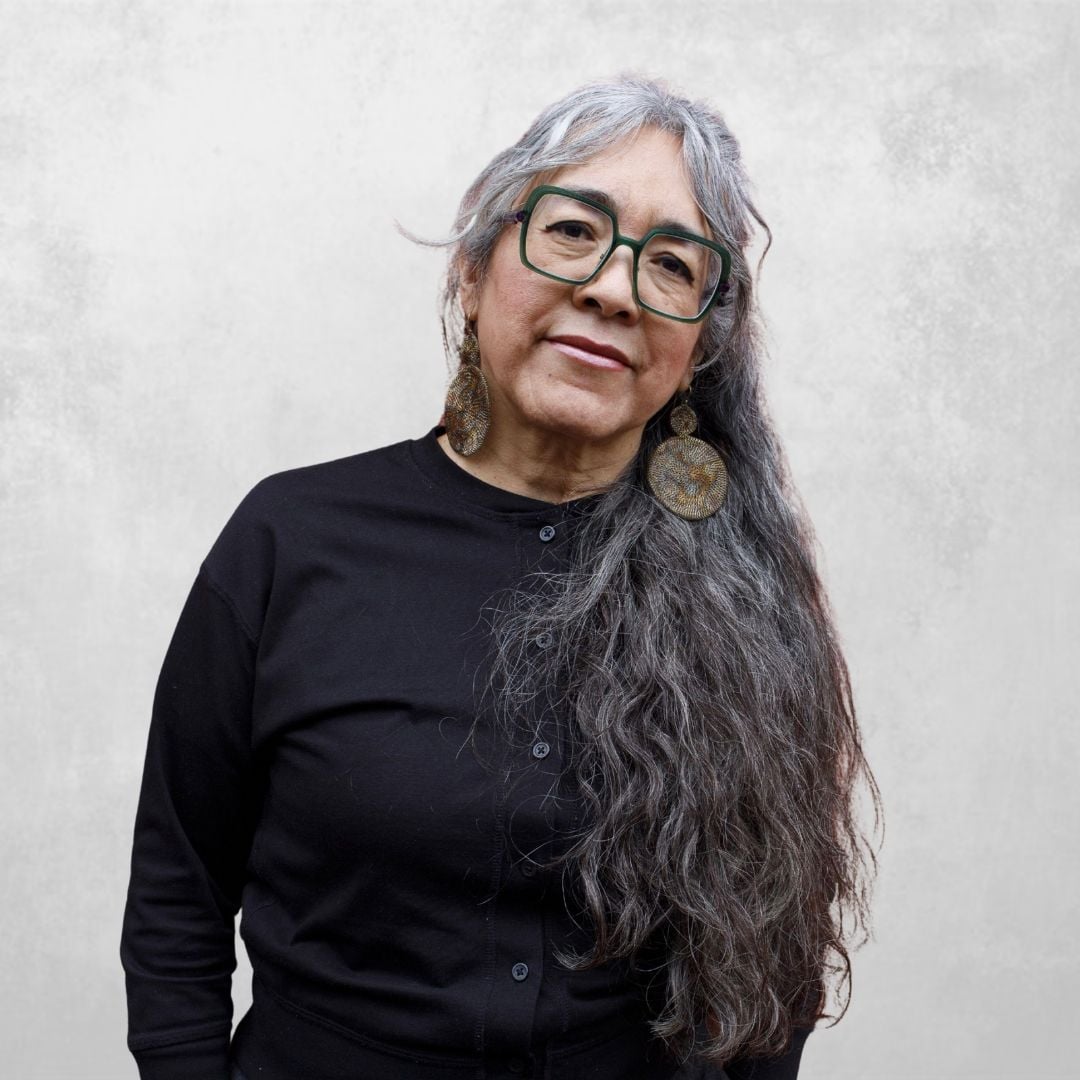When Doris Salcedo discovered her talents as a sculptor, she knew that social awareness would be at the center of her work. The Colombian artist has left her mark with her art, becoming an important figure internationally while using it to bring awareness to violence and injustice.
Originally from Bogotá, Colombia, Salcedo has amassed recognition for incorporating recycled materials like dry materials into her exhibitions, denouncing social issues like climate change and migration.
Salcedo's journey with art began in 1980, when she graduated with a degree in Fine Arts from the Jorge Tadeo Lozano University of Bogotá. Four years later, she moved to New York to pursue a master's degree in Fine Arts at New York University, a city that opened the art world's doors to her. Today, she is a globally recognized figure.
"I believe that as humans, we must understand that we are a relatively small group that should care about everything that happens in different parts of the planet."
It has been very important for Salcedo to create works that, in some way, denounce global issues, as she did in 1985 during her first exhibition at the Casa de la Moneda in Bogotá. She later became the director at the Institute of Fine Arts of Cali's School of Visual Arts. It was during this time that she decided her art would become a vehicle to denounce the violence that, at the time, plagued Colombia's most vulnerable areas. Here is where the inspiration that still drives her was born.
When Salcedo decided her work would be done in the service of protest, she discovered her own unique style, which has allowed her to showcase her work in all parts of the world, with her installations using recycled objects and weapons as their materials.
Throughout her career, she has said that the idea for each new theme starts with a testimony that she seeks to interpret through her art.
"I think good art is political, because it is always opening unknown paths, and art is also distinctly ideological. In my case, I'm interested in it because I've centered all my art around political violence, which means that those in power can destroy the lives of other human beings, and all the installations I create are intimately tied to that."
Her style has made her one of Colombia's most recognized artists worldwide. In 2000, the book "Doris Salcedo" was published, offering readers a detailed look at her work and process.
In 2023, she received an award at the art biennial in the Emirate of Sharjah for her installation called "Uprooted," which centers on a piece made from dead trees that denounce climate change and the ongoing migration crisis. The work is an ongoing manifesto against violence and injustice, and a reflection of what many communities around the world are experiencing.
,type=downsize)
